- What is a Sludge Pump?
- Benefits of Renting a Sludge Pump
- Key Factors to Consider Before Renting a Sludge Pump
- How to Select the Right Sludge Pump Rental Provider
- The Rental Process: What to Expect
- Common Applications for Sludge Pump Rental
- Maintenance and Safety Tips for Using Rented Sludge Pumps
- Estimating Costs and Budgeting for a Sludge Pump Rental
- Top Tips for a Successful Sludge Pump Rental Experience
- Conclusion
Sludge pumps are essential tools for industries that deal with thick, heavy materials, such as construction, wastewater treatment, and mining. These pumps are specially designed to handle sludge, slurry, and other semi-solid materials that standard pumps cannot manage effectively. Choosing a sludge pump rental can be a smart choice for companies facing short-term or specific project needs. It offers flexible access to advanced equipment and eliminates the long-term commitments of ownership. This guide will walk you through the essentials of a sludge pump rental, from understanding what sludge pumps are to choosing the right provider and budgeting effectively.
What is a Sludge Pump?
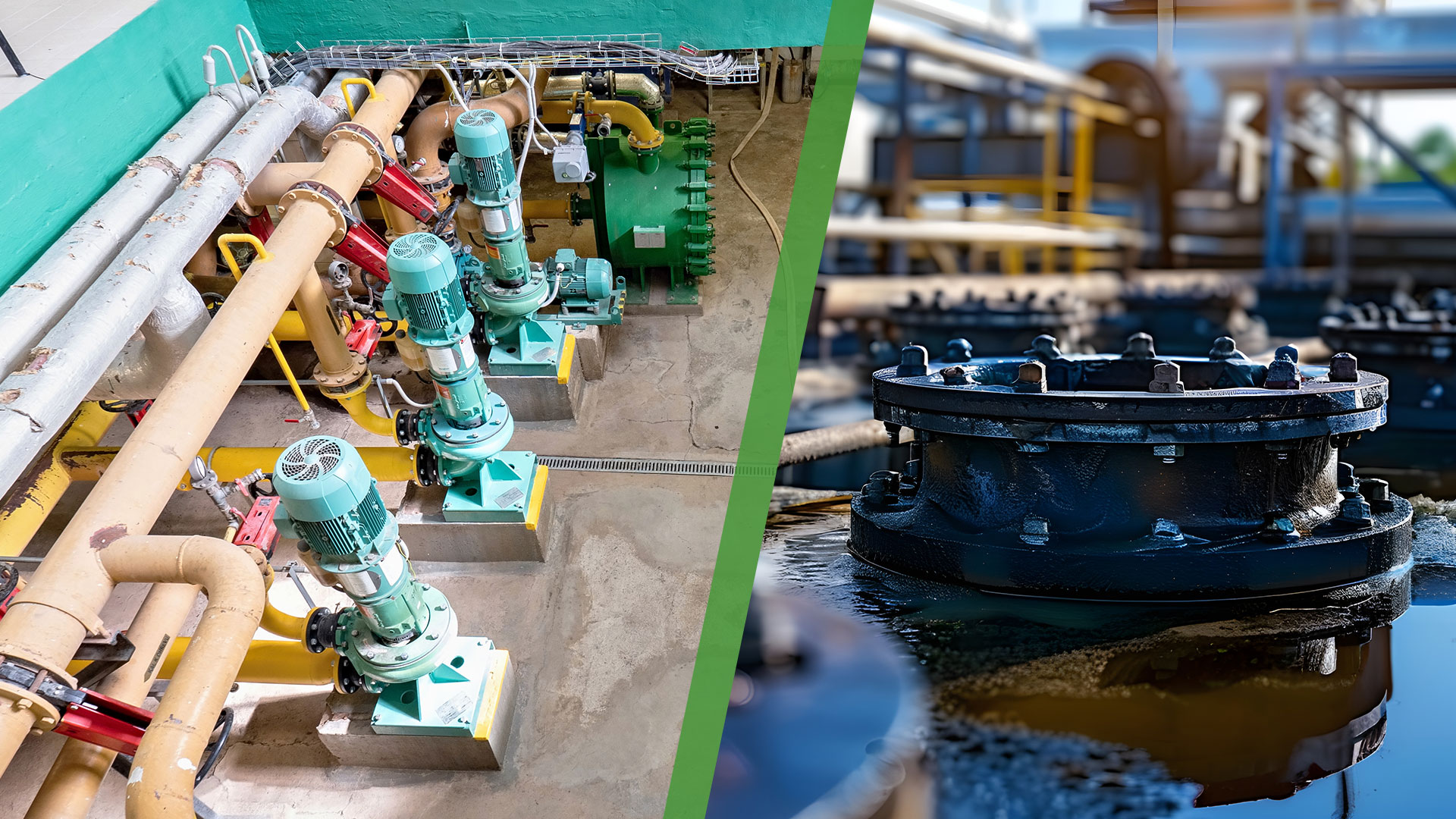
A sludge pump is designed to move thick, viscous fluids that contain a high concentration of solid particles. Unlike standard water pumps, sludge pumps handle heavy, abrasive, or muddy mixtures without clogging or breakdown. The most common types of sludge pumps are:
- Submersible Sludge Pumps: These pumps operate underwater, making them ideal for submerged sludge or slurry applications.
- Centrifugal Sludge Pumps: Using centrifugal force, these pumps handle larger volumes but may be less effective with extremely dense or thick sludge.
- Positive Displacement Pumps: These pumps are designed for constant flow, regardless of sludge density, and are often used for more challenging or specialized sludge pumping tasks.
Typical materials handled by sludge pumps include mud, slurry, wastewater, and biosolids, making them invaluable in industries that deal with wastewater treatment, mining, and excavation.
Benefits of Renting a Sludge Pump
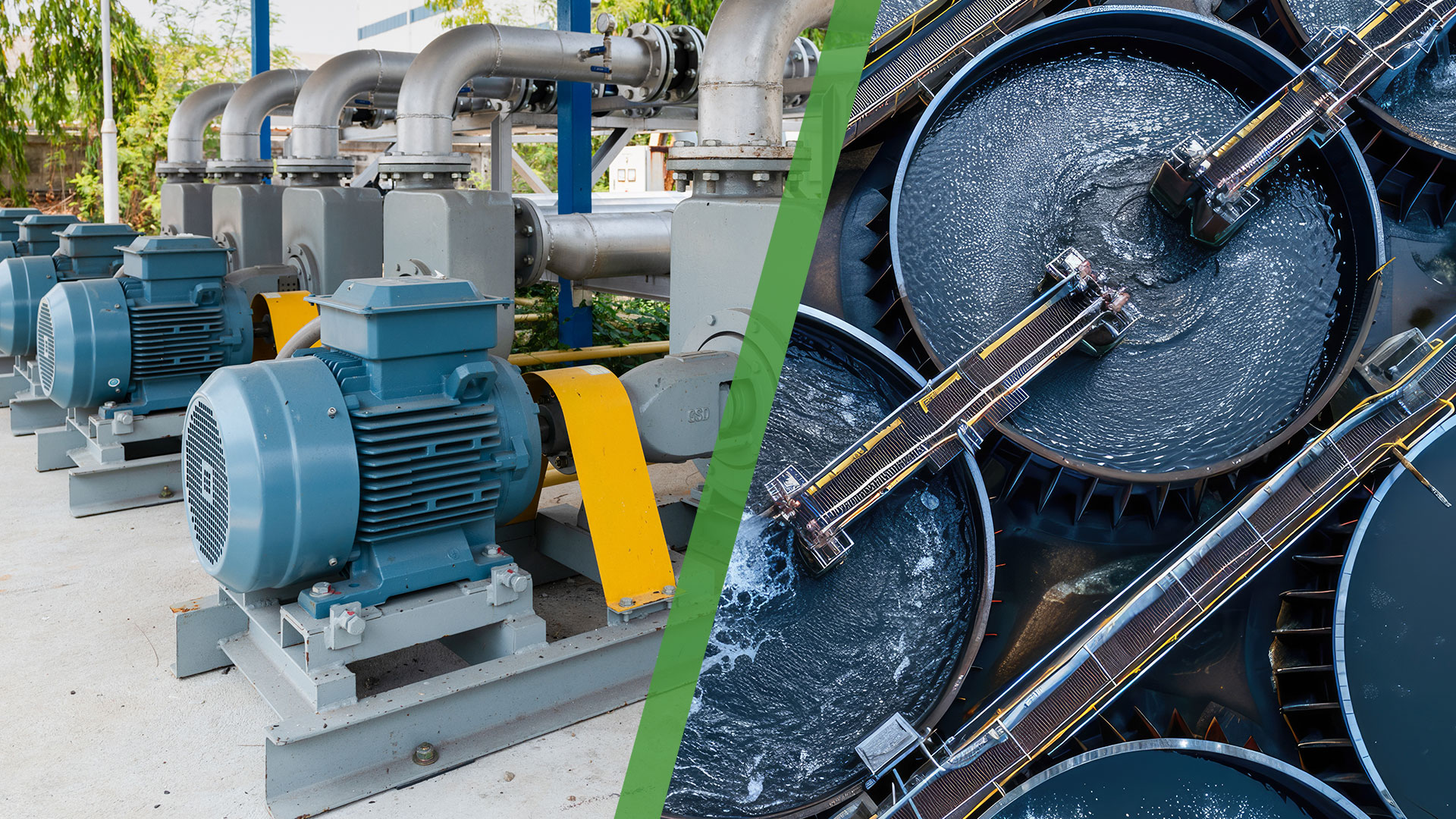
Opting for a sludge pump rental instead of buying one offers numerous benefits, especially for projects of limited duration.
- Cost Savings and Flexibility: Rentals eliminate the significant upfront investment of purchasing a pump, which can be a huge advantage for short-term projects or intermittent sludge pumping needs.
- Access to the Latest Technology: Rental companies often carry the latest models, so you benefit from advanced technology and improved efficiency without needing to buy the newest equipment.
- No Maintenance or Storage Responsibilities: Rentals come with reduced maintenance responsibilities, as rental providers often handle repairs. Additionally, there’s no need to worry about storage, freeing up space and resources.
- Ideal Scenarios for Renting: Rentals are particularly advantageous for seasonal projects, emergencies, or when you’re testing different pump types before committing to a purchase.
Key Factors to Consider Before Renting a Sludge Pump
Before renting a sludge pump, assess your project’s specific needs:
- Project Requirements: Consider the type of sludge, flow rate, and discharge distance required. Knowing the density and type of material can help select a pump with adequate power and capacity.
- Pump Type and Size: Choose a pump that aligns with your material needs, such as submersible, centrifugal, or positive displacement.
- Duration of Rental: Evaluate how long the pump will be required. For long-term rentals, it might be beneficial to negotiate special rates or maintenance packages.
- Rental Terms and Conditions: Carefully review rental terms, such as maintenance responsibilities, insurance, and potential fees for damages.
How to Select the Right Sludge Pump Rental Provider
Selecting a reliable provider is crucial to a smooth sludge pump rental experience:
- Provider Reputation and Equipment Variety: Look for providers with strong reputations and a wide selection of well-maintained sludge pump rental equipment.
- Technical Support and Customer Service: It’s essential to work with a provider who offers dependable technical support and responsive customer service. This can be invaluable if issues arise during your rental.
- Evaluating Rental Rates and Packages: Compare rental rates among providers, paying attention to any special packages or services included. Some companies offer bundled services like maintenance support and quick replacement for faulty equipment.
The Rental Process: What to Expect
Understanding the sludge pump rental process can make the experience straightforward and hassle-free:
- Setting Up Delivery and On-Site Setup: Most providers offer delivery options and on-site setup, which includes ensuring the pump is installed correctly and in optimal condition.
- Operation Instructions: Reputable rental providers will offer guidance on operating the pump safely and efficiently, either through on-site training or detailed manuals.
- Return Policies and Responsibilities: Be aware of return policies, including potential fees for late returns or excessive wear. Check who is responsible for maintenance during the rental period to avoid misunderstandings.
Common Applications for Sludge Pump Rental
Sludge pumps have applications across various industries, where they play a crucial role in handling difficult materials:
- Construction: Dewatering excavations, pumping slurry from site preparations, and handling mud.
- Mining: Transporting abrasive slurries, tailings, and other mining by-products.
- Wastewater Treatment: Moving thick sludge, sediments, and biosolids for processing and disposal.
Each of these industries benefits from the flexibility of renting, especially for time-sensitive projects or when dealing with unpredictable conditions.
Maintenance and Safety Tips for Using Rented Sludge Pumps
Proper maintenance and safe handling are essential to maximize the rental’s value and ensure smooth operation:
- Daily Checks and Maintenance: Inspect the pump regularly for any signs of wear, blockages, or leaks. Keep inlet and outlet valves clear to maintain performance.
- Basic Troubleshooting: Familiarize yourself with common issues like clogging or pressure drops, and address them promptly to avoid downtime.
- Safety Precautions: Follow safety guidelines provided by the rental company, and use protective equipment. Avoid placing hands near moving parts, and ensure all operators are trained.
Estimating Costs and Budgeting for a Sludge Pump Rental
Rental costs can vary depending on the pump type, rental duration, and additional services:
- Typical Rental Costs: Expect to pay for the base rental rate, which may increase with more powerful or specialized pumps. Other fees may include delivery, pickup, and insurance.
- Additional Costs: Factor in expenses for fuel, spare parts, or technician support if needed. If maintenance is required during your rental, ask if the rental company covers it.
- Getting the Best Value: Don’t hesitate to negotiate rates, especially for long-term rentals or if you’re renting multiple units. Some companies may offer discounts or package deals.
Top Tips for a Successful Sludge Pump Rental Experience
Following a few best practices can ensure your sludge pump rental experience is smooth and productive:
- Clear Communication: Keep an open line of communication with your rental provider about any concerns or issues that arise during the rental period.
- Plan and Schedule: Coordinate delivery and pickup to fit your project timeline. This minimizes downtime and prevents unnecessary rental charges.
- Monitor Performance: Regularly check the pump’s performance and contact support if you notice any unusual sounds or efficiency drops. This helps address problems early, preventing larger issues.
Conclusion
Choosing a sludge pump rental can offer significant cost savings, access to high-quality equipment, and flexibility for short-term projects. By considering your project’s unique requirements, selecting a reputable provider, and following maintenance best practices, you can make the most of your rental experience. If you’re unsure about which sludge pump best fits your needs, don’t hesitate to consult with an expert. For customized solutions, contact a sludge pump rental provider and get the equipment you need to keep your projects on track.


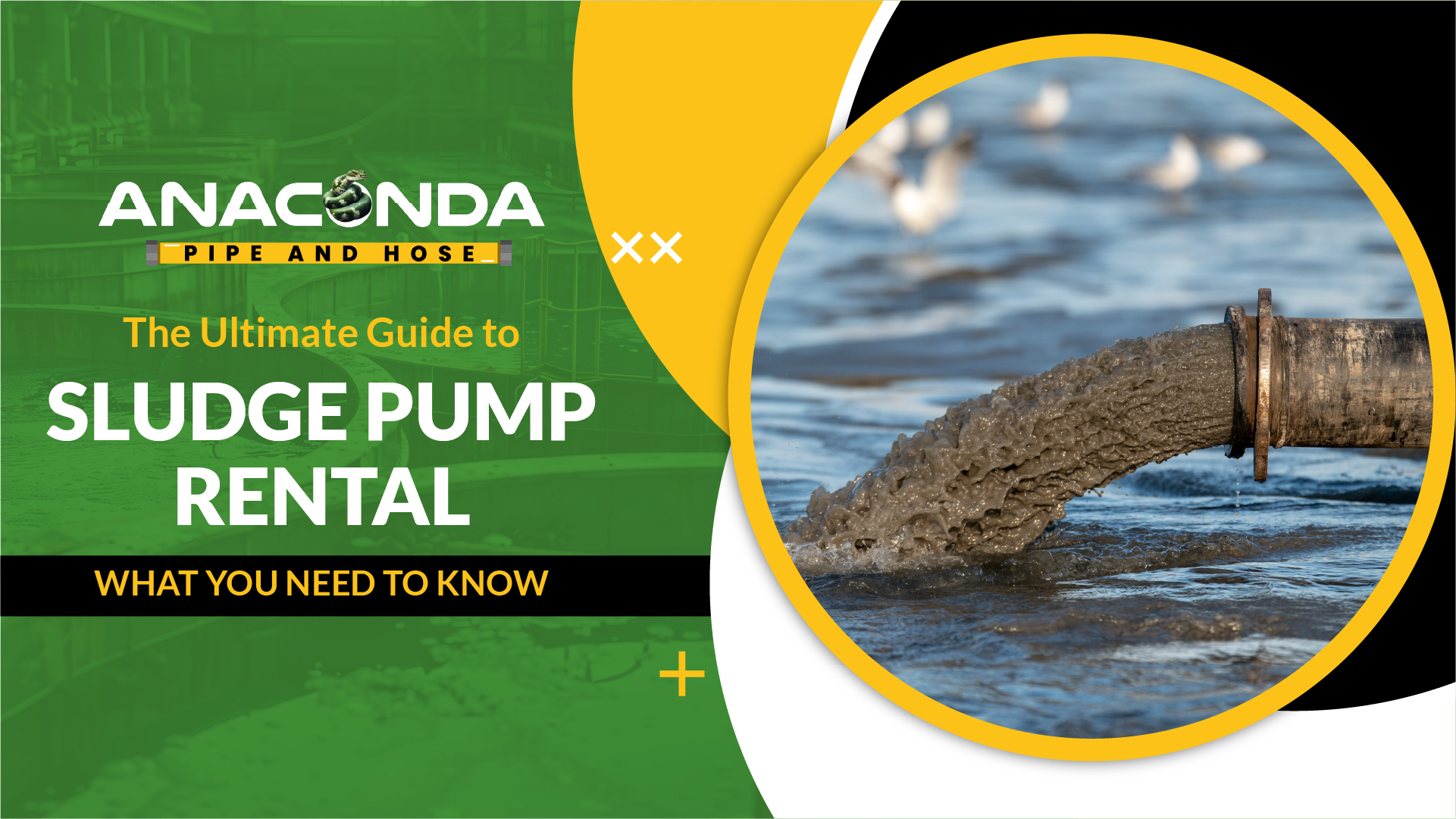
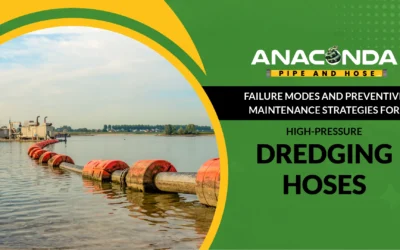
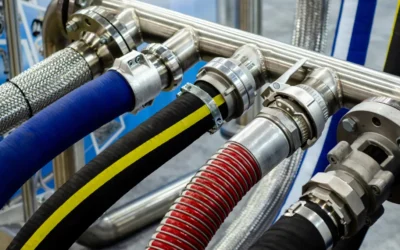
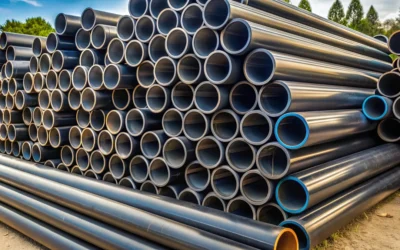
0 Comments